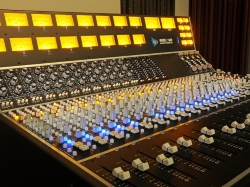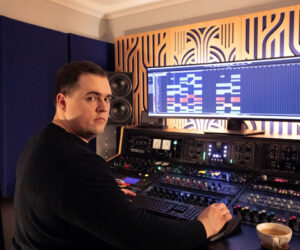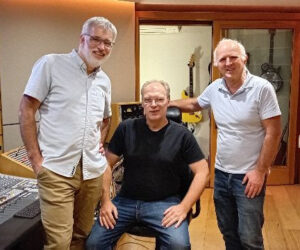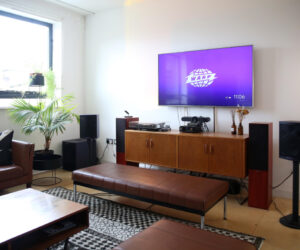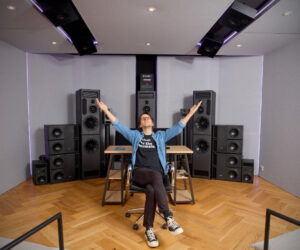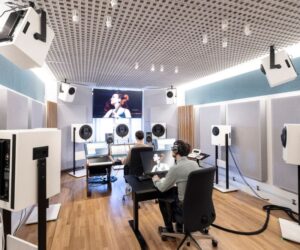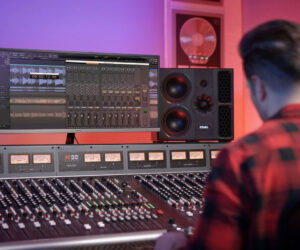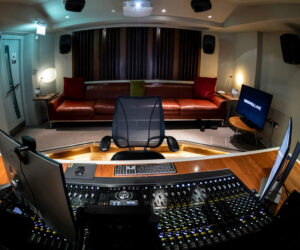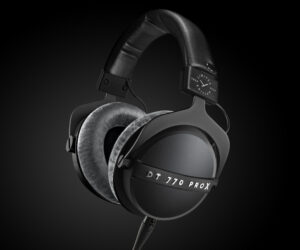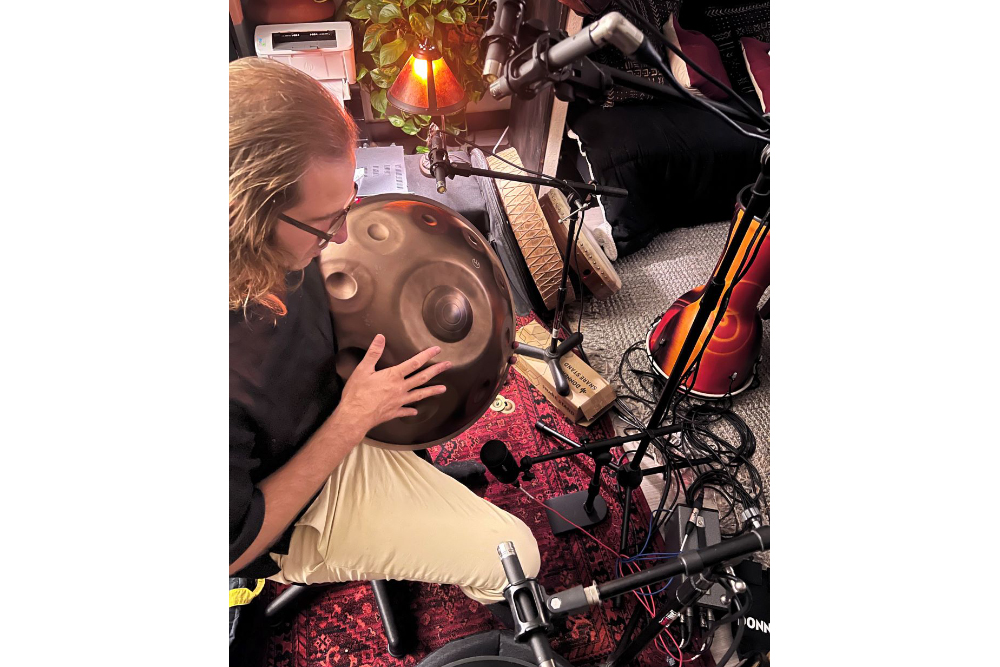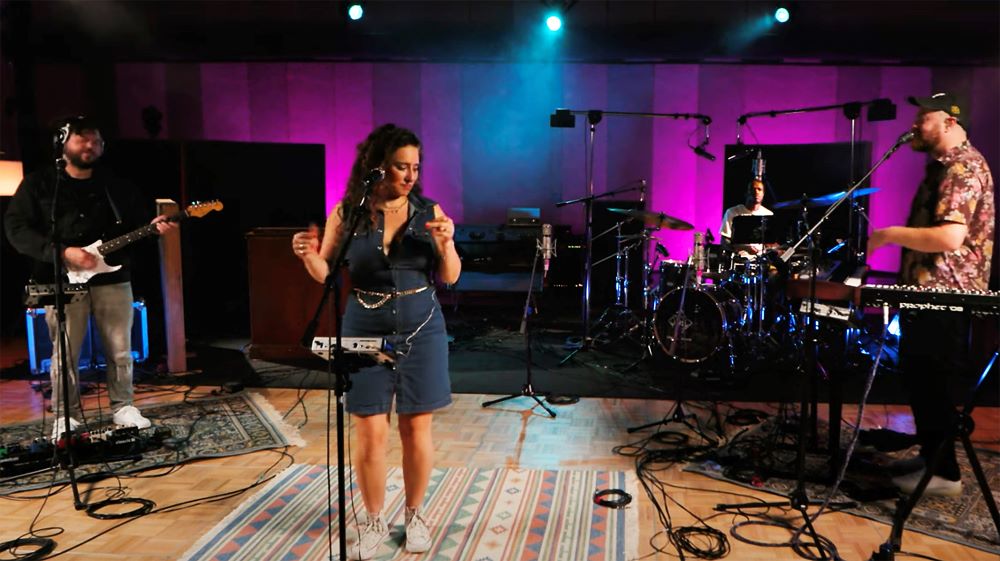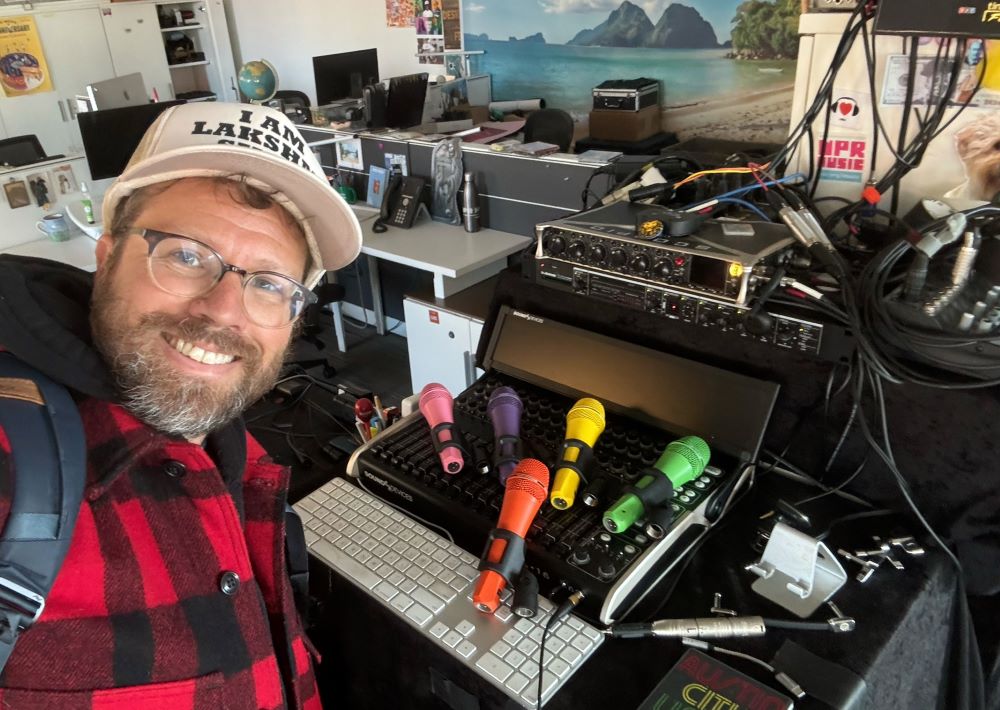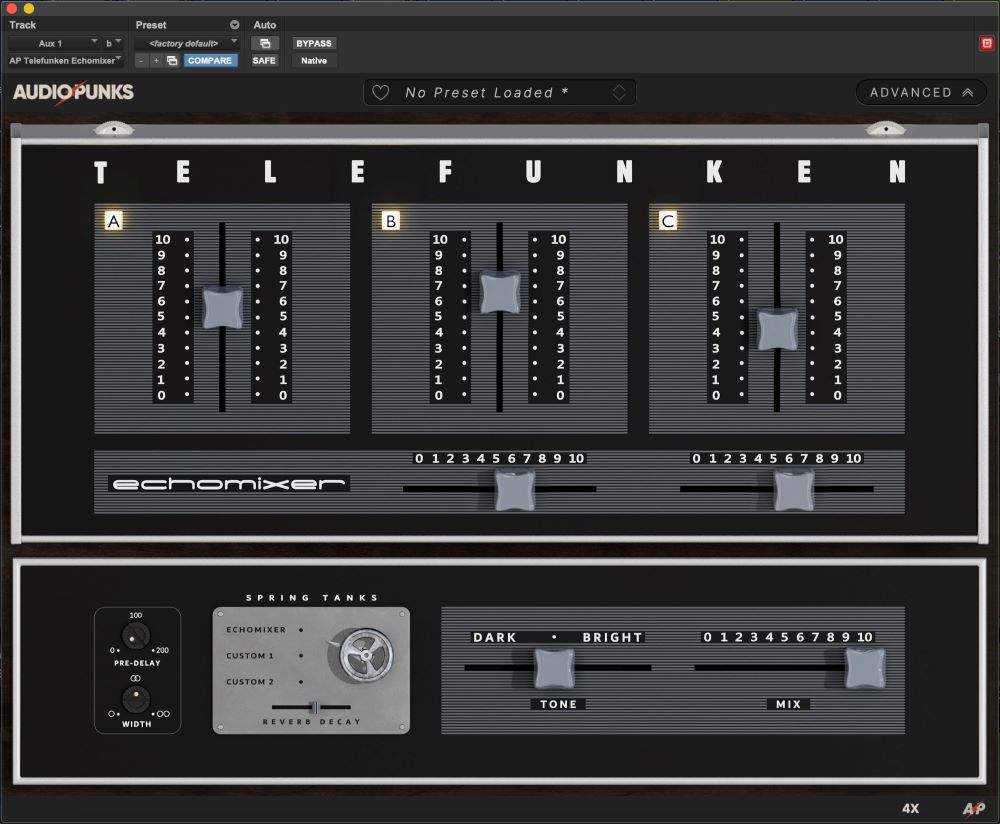Brandon Darner has only one rule when producing: the music must speak to him, regardless of the genre. He also chooses API for that “conversation.”
“I travel a lot for my work, but I also have a lot of materials sent to me—so I wanted to have a great console for when my partner and I are doing mixes.” One of the mixes Darner is referring to was Imagine Dragons’ first album Night Visions. “The 1608 was a fantastic solution for that.”
API has been on Darner’ radar since the early ‘90s, which is when he had his first experience with the brand in Los Angeles: “I worked with Rick Rubin in Cello studios, which is now East-West. Thriller was done there.”
His API experience continued when he later he came to “a studio in Omaha called ARC. They have a vintage 2488 and it’s kinda the console that I absolutely fell in love with API on. I’ve worked on their digital mixer, too, but I prefer the API.”
Before adding a full console to his studio, Darner—who already owned a 2500, as well as multiple 550bs and 550A modules—came to Vintage King Audio salesman Darrin Fendley on a mission for more of the API sound.
“When I was growing up, there were records that I absolutely loved the sound of—and I realized that some of my favorite recordings happened to be on API, spans of years apart from Van Halen to Radiohead. There’s a certain sound I love, and I found it was based on API analog.”
Naturally, then, when Darner narrowed down his console choices, “the only decision in my mind was either a vintage API, or a 1608.”
Ultimately, Darner decided on a new console “because of the warranty, ease of use, and knowing it would show up and work flawlessly.” And he doesn’t regret his decision; “I didn’t feel like I was missing some vintage mojo or anything like that. It sounded fantastic—there’s that sound I’m looking for, and there’s functionality—it’s just gotta work. Sometimes I only have two days or so with a track. Even the simplicity of the cabling, it’s so user friendly, just set up and go. That’s why I chose the 1608. We were up and running the afternoon it was delivered.”
Now, as a producer, Darner can finally recreate that same analog sound he heard growing up. “When people are working digitally, we use the Channel Strip on EVERYTHING.”
As far as the 1608, “twisting knobs and pushing faders is a lot more intuitive. You can close your eyes and adjust the EQ rather than staring at a computer screen. We’ve gotten some API goodness on digital tracks and the console is fantastic even just for that. We do hybrid mixing a lot—we take it here or Omaha and run it through the desk and recreate it on the analog gear. It’s the best of both worlds.”
In his home studio, Darner knows how to record tracks that speak to him. “I’m always trying to bring more edge to my sound; I want my snare to have crack and real impact.” He says the 1608 console and API are the heart of his studio. “A lot of people are buying modular stuff which was great but I wanted all the op amps and processors in one place. API is the one company that’s still doing that instead of truncated versions of what they used to do.”


